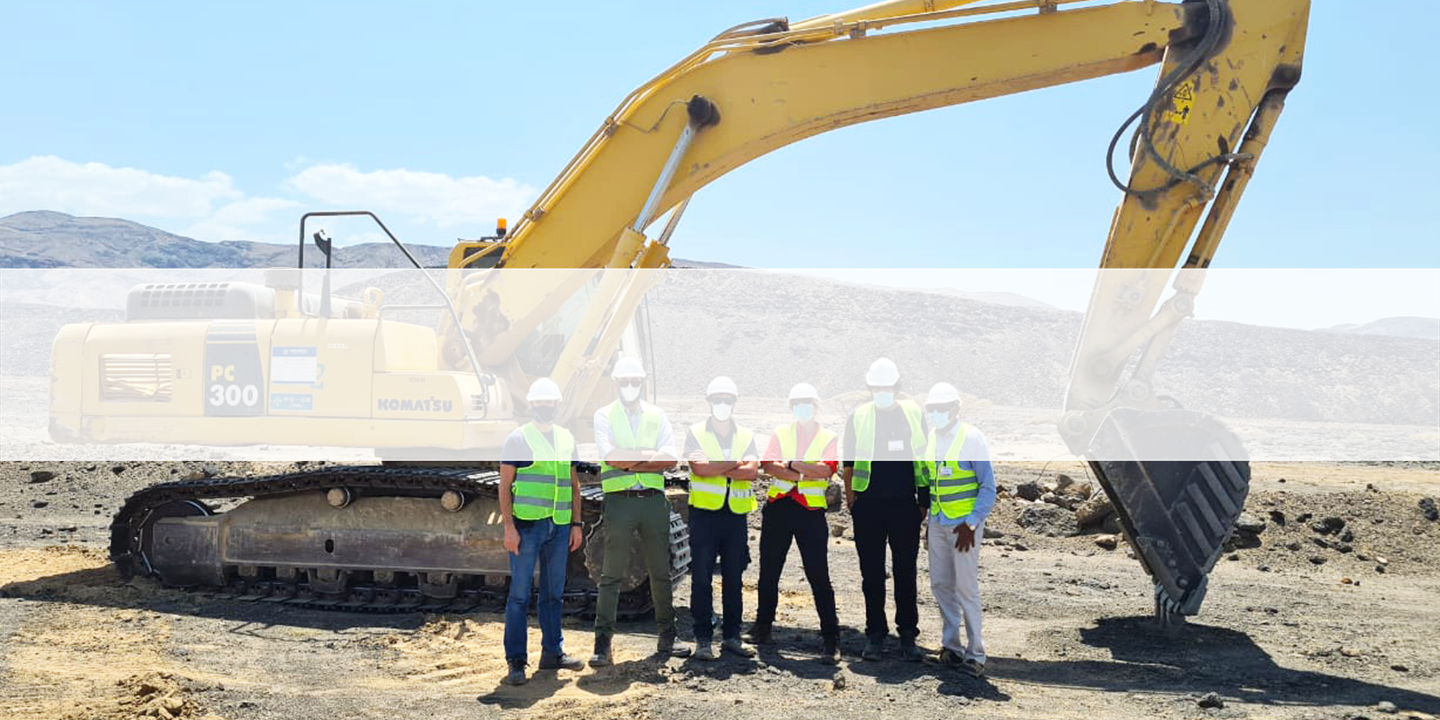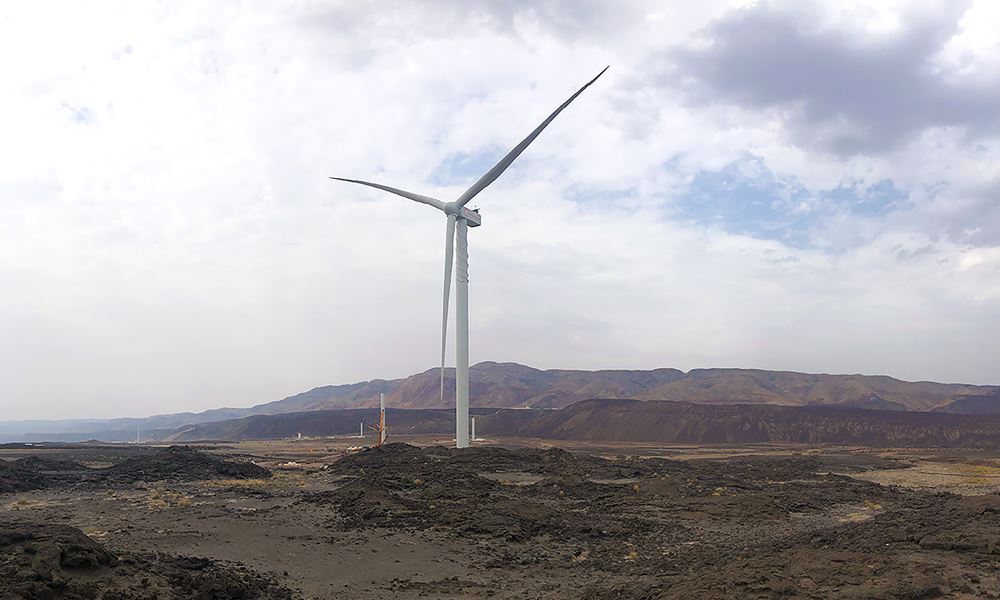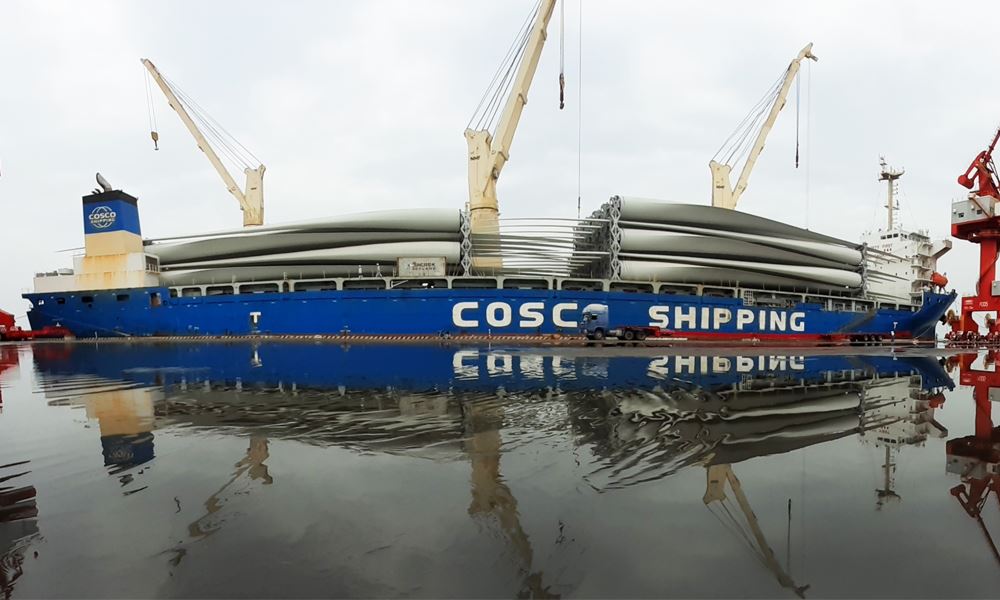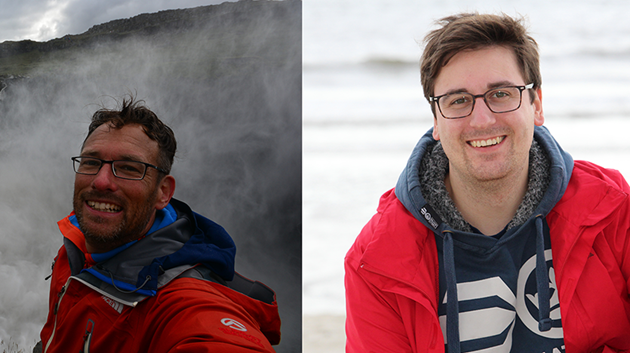
Leading the green energy revolution at the heart of Djibouti
Situated at the junction of three tectonic plates in the Horn of Africa, and blessed with year-round sunshine, Djibouti boasts great potential to develop solar, geothermal and wind energy.
Spanning over 23,000 km2, the country is today dependent on domestic thermal power production and imports from Ethiopia for its electricity consumption and plans to boost its domestic renewable energy capacity.
Djibouti’s electricity demand is expected to considerably increase over the coming years at a rate of between 3% to 5% annually, thanks to various large-scale infrastructure projects including ports, free trade zones and railways that the government has committed to build.

To help meet the country’s rising energy demand, Siemens Gamesa sealed a contract in early January 2020 to build the country’s first ever wind power plant with a capacity of 59MW. The onshore project is in the Arta Region, a location that was favored due to its consistent average wind speeds throughout the year, as well as the presence of an existing road network to access the site from Djibouti City.
The wind project covers an area of 395 hectares close to a natural resource that provides a livelihood for many inhabitants of the Horn of Africa: Lake Assal. The lake is regarded as one of the world’s largest salt reserves, holding more than six million tons of precious salt. Indeed, it is the third largest saltiest water reserve in the world fed by hot springs, and only smaller than the Don Juan Pond in the Antarctic and the Gaetale Pond in Ethiopia.




